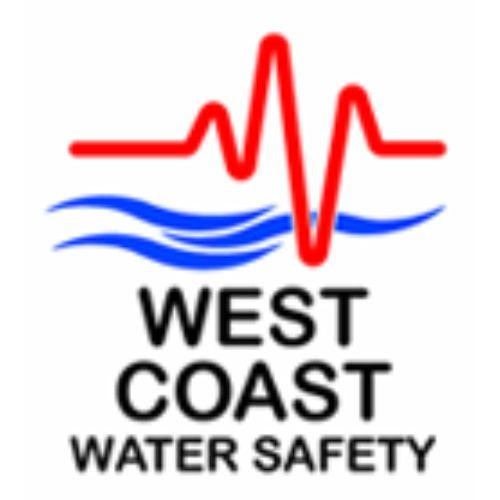From Pools to Oceans: Lifeguard Training with West Coast Water Safety

Becoming an ocean lifeguard is a rewarding and challenging pursuit that requires a high level of physical fitness, mental sharpness, and strong decision-making skills. At West Coast Water Safety, trainees are provided with comprehensive training that prepares them to protect lives in both ocean and pool environments. The Ocean Lifeguard Training program is designed not only to meet national safety standards but also to help participants develop the essential skills needed to respond swiftly and effectively in high-pressure situations.
Physical Endurance and Strength
One of the first skills developed during Ocean Lifeguard Training is physical endurance. Lifeguards need to be strong swimmers capable of navigating through rough surf, strong currents, and unpredictable weather conditions. The training includes intense swimming drills, rescue simulations, and strength conditioning to ensure lifeguards are prepared for any emergency. For those who begin with a swimming pool lifeguard course, transitioning into ocean rescue requires additional endurance, which is a central focus in ocean lifeguard preparation.
Rescue and Survival Techniques
Trainees are taught a wide range of rescue techniques that are crucial for saving lives. These include board rescues, tube rescues, and spinal injury management. Additionally, they practice how to approach distressed swimmers safely and how to manage multiple rescues at once. Understanding these techniques is not only critical to effective lifeguarding but also required to earn a pool lifeguard certificate or its ocean equivalent.
First Aid and CPR Skills
A lifeguard is often the first responder in a water-related emergency. That’s why first aid and CPR training are essential components of West Coast Water Safety’s programs. Trainees learn how to administer oxygen, use defibrillators, treat minor injuries, and perform CPR on both children and adults. These medical skills are vital, especially when dealing with near-drowning incidents or heat-related emergencies.
Environmental Awareness
Ocean lifeguards must have an acute awareness of the environment around them. Understanding tides, rip currents, marine life hazards, and weather changes are critical components of the Ocean Lifeguard Training curriculum. Lifeguards are trained to observe subtle changes in the water and beach, allowing them to anticipate and prevent potentially dangerous situations.
Communication and Leadership
Effective communication is essential in emergency situations. Lifeguards must be able to give clear instructions, work well with team members, and communicate with beachgoers. Training includes role-playing scenarios and radio communication drills that simulate real-life emergencies. Leadership and teamwork are emphasized throughout the course to ensure lifeguards can manage chaotic situations confidently and efficiently.
Confidence and Decision-Making
Ocean lifeguard training also helps build confidence and quick decision-making abilities. Lifeguards are trained to assess risks and act decisively. These soft skills are reinforced through drills and real-time assessments. Whether dealing with a swimmer caught in a rip current or organizing a large-scale rescue, the ability to remain calm and think clearly is paramount.
How to Become a Lifeguard
For those wondering how to become a lifeguard, West Coast Water Safety offers a clear and supportive pathway. Prospective lifeguards typically begin with a swimming pool lifeguard course, where they learn the fundamentals of water safety, rescue techniques, and first aid. After obtaining a pool lifeguard certificate, they can advance to ocean lifeguard training for more demanding roles. The progression includes both theoretical and practical assessments to ensure readiness for the field.
At West Coast Water Safety, lifeguard training goes beyond basic instruction. It cultivates a blend of physical strength, technical expertise, and emotional resilience. Whether you're aiming to work at a local pool or patrol the open ocean, their training programs provide everything you need to become a skilled and confident lifesaver.







